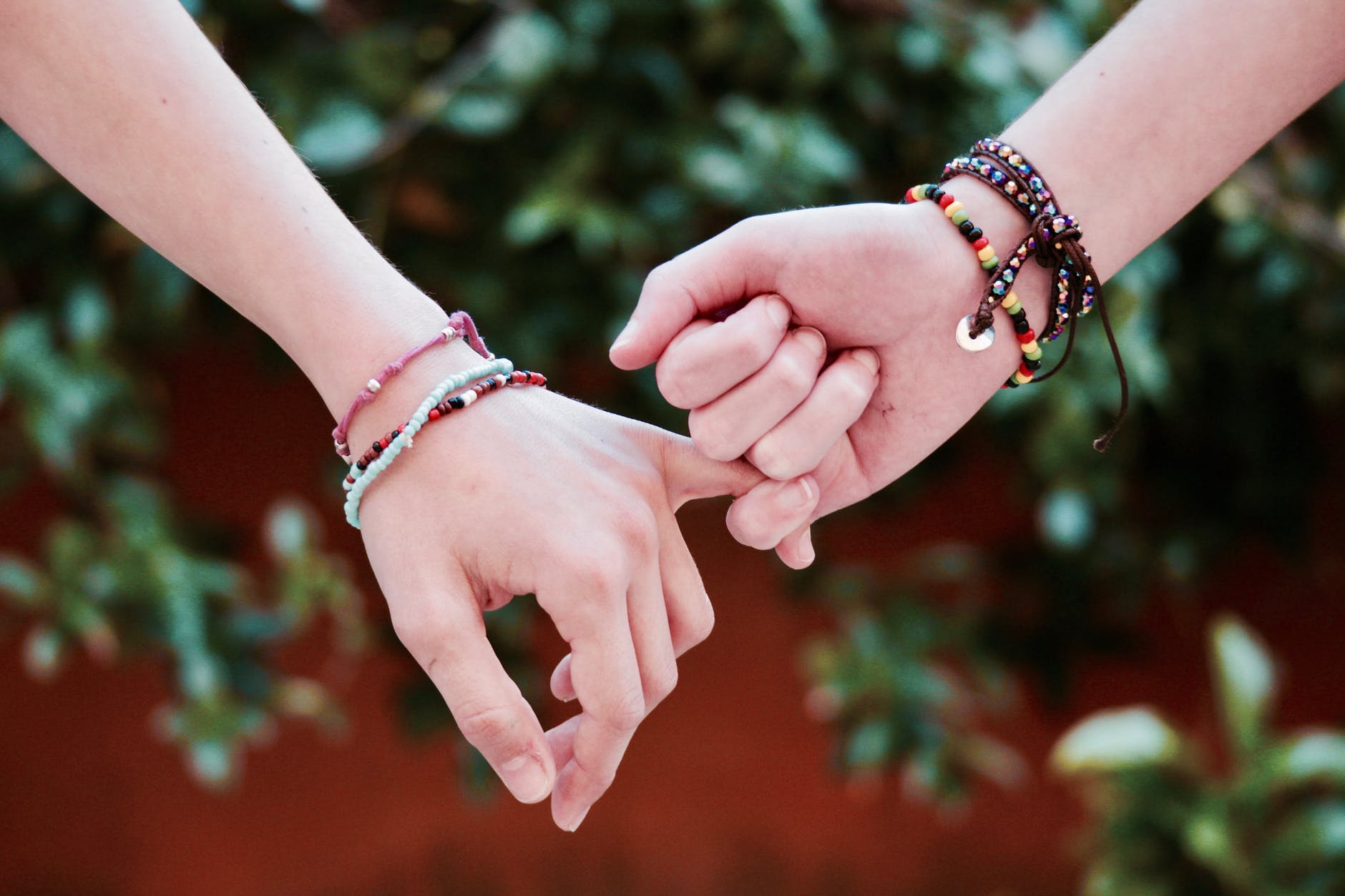Life changes when a close friend dies.
I had no idea how much my life was going to change when I got the phone call about Vasil. All the promises we made during the pandemic to see each other instantly became moot. Beyond the shock and denial of his death, my brain went into an existential spiral–re-evaluating life priorities and who I was choosing to keep around as friends.
Growing up, I didn’t have much of a social circle. I moved states before the second grade and attended three elementary schools in total. I was awkward and painfully shy (partially from undiagnosed anxiety & depression) but also aware of how this turned me into a chameleon, mastering the ability to fit into most group dynamics.
I became friends with anyone who would give me attention. By freshman year of college, I’d amassed an entire spreadsheet of people to send handcrafted Christmas cards to, and my heart broke when only a few expressed thanks. For the first time in my life, I decided to be more intentional about the friendships I spent time on.
FRIENDSHIP FEATURES
I tend to gravitate towards those who are intellectual, self-aware, and introspective. Can we be our authentic selves with each other? Can we have deep conversations? Do we challenge each other in a respectful way because we both value self-growth? Are we able reconnect after several years of losing touch and pick up where we left off?
My friends are confidants–people I don’t need to be guarded around, whose opinions I trust, who call me out when I’m exhibiting toxic behavior, who boost my confidence, who reach out every once in awhile genuinely just to check in. We hype each other up (cuz we badass bitches) and provide unconditional support free from judgment.
I got more granular with defining friendships after a relationship with someone who holds completely different standards. For example, I realized it’s not a goal for me to achieve sexual intimacy with my friends. In fact, I find platonic relationships to be uniquely safe, probably because of past sexual trauma… but that’s not what this is about.
FRIENDSHIP DYSFUNCTION
It wasn’t until Vasil died that I started identifying what relationships I don’t want in my life. Within a day of each other (the week after Vasil passed) one person said it was fucked up to bail on an event last minute because of a funeral, while another person shamed my relationship choices and blamed them for peripherally impacting his life.
These are oversimplified versions of each scenario, and while I can justify things from their perspective, it’s not my responsibility to convince anyone of what I think is right or wrong. People can live their truth, because if that’s the kind of person they see me as (and this includes how I handle romantic relationships now) then why am I even here?
Through therapy, I’ve been able to articulate my value and self-worth while working through my shortcomings. I’ve known for a long time I’m not for everyone, and being a people-pleaser hasn’t served me since I was a child. It’s time to retrain that part of my brain and pull back on this antiquated desperation to be friends with everyone I meet.
I used to think friendship (and even romantic relationships) meant unconditional forgiveness and being okay with everything. That was before I learned about and started intentionally practicing the concept of boundaries. But again, that’s how I’m choosing to approach life and by no means am I promoting it as the best way.
FRIENDSHIP FILTER
Now when I’m evaluating friendships, I do so through the lens of values. Can we have fun but also repair with respect when needed? Do we have compatible communication styles and desires for growth? Are we willing to proactively own our contributions to a situation? Is there a relatively equal amount of effort being exerted by both people?
Differences in these values don’t mean someone is bad, or whatever other label is tempting to apply. It means we’re not a good fit for each other (values don’t align or we’re wanting different things) and that’s okay. I still feel hurt and betrayed, but without those experiences, I wouldn’t have developed a more refined filter for what I want and don’t want.
It’s ironic that I’ve learned certain lessons in leadership but haven’t fully applied them to my personal life. As a leader, when you don’t speak out against an unethical occurrence, you’re essentially giving it permission to happen. As I improve my relationship with relationships, I think I’m getting better at advocating for how I want to be treated.
I realize there are times when I have trouble letting go of a friendship or relationship that’s no longer serving me because I’m not ready yet. Or I try forcing the relationship to be something it’s not meant to be. I’m always intending to bring generosity and grace to the table, and knowing when to walk away is always the ultimate challenge.

I don’t love death as a catalyst for change, but this tragedy made me reflect on the type of friend Vasil was–humble, generous, selfless. He was a light in the lives of so many people, a connector between different worlds, an inspiration for innovation and possibility, and so much more. Vasil set my standards high for friendship, and I plan to honor and reinforce that from now on.
